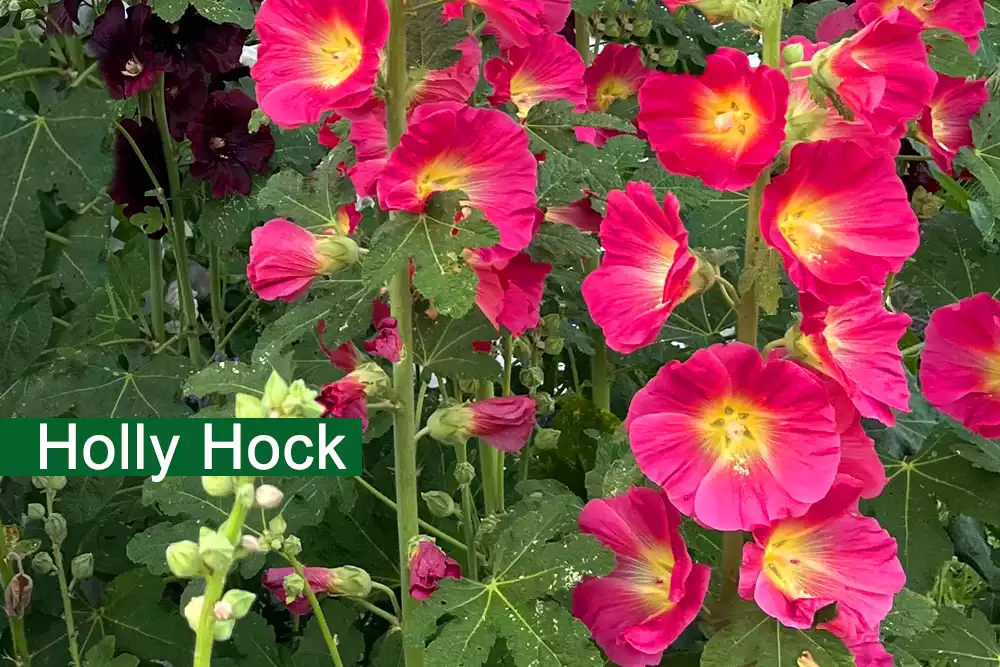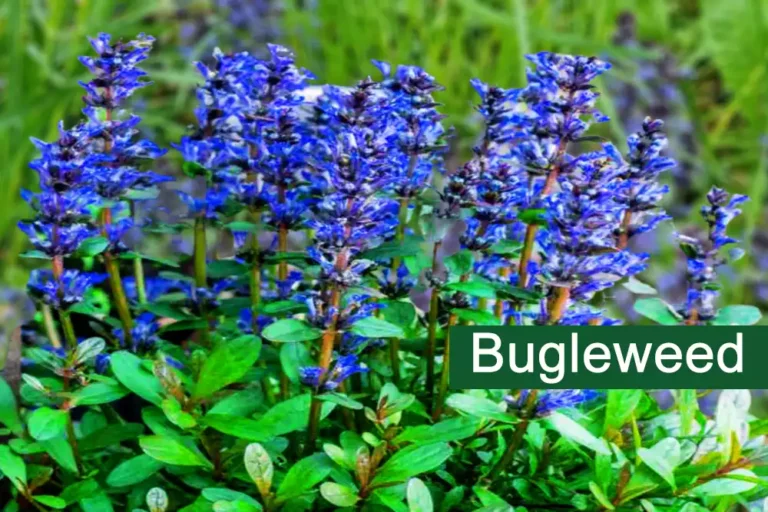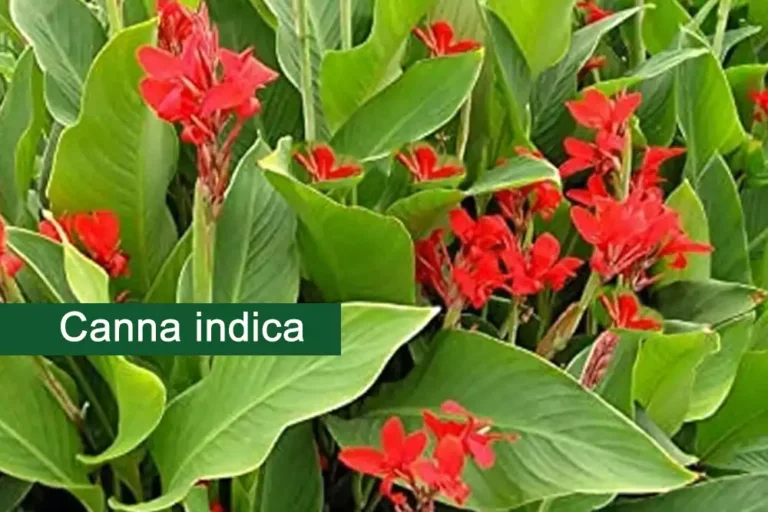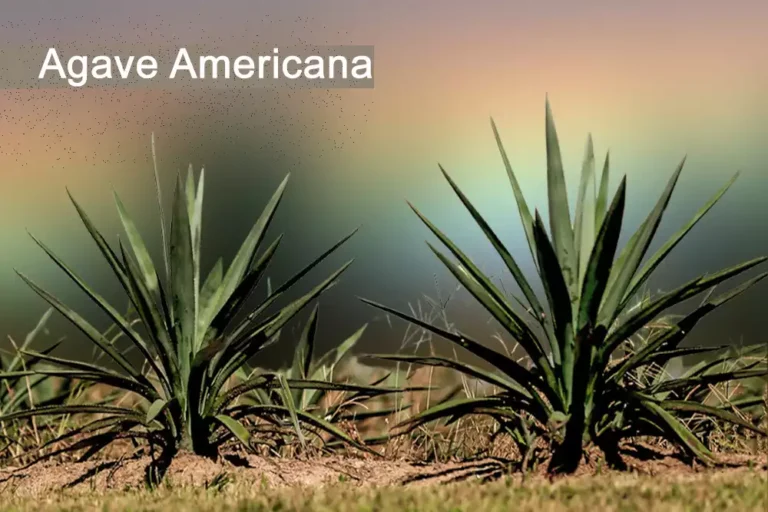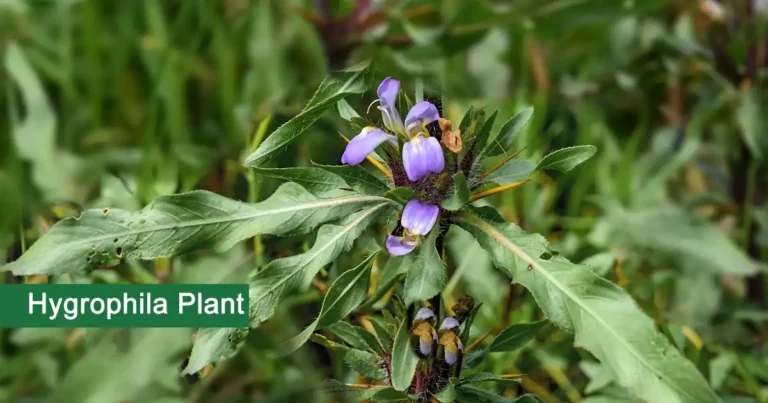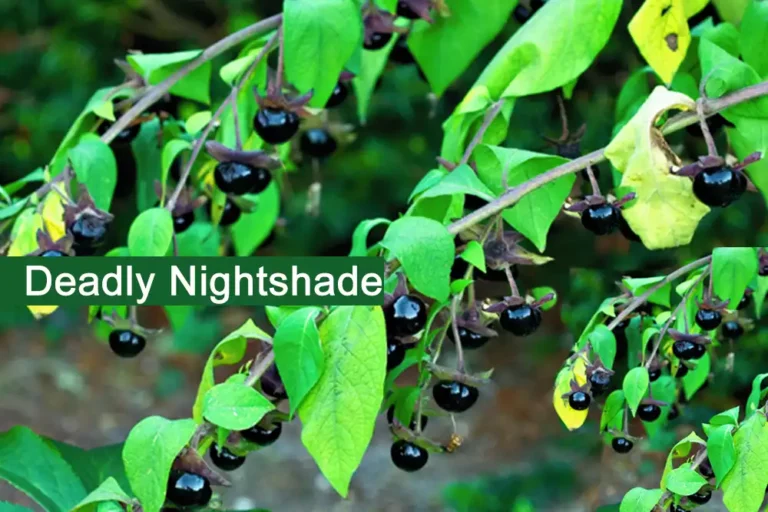Gul Khaira (Althea Rosea) Plant Medicinal Uses, Benefits
Althea Rosea Plant is also known as the Holly hock, hollyhocks, Fringed Bergenia, alcea rosea, and in Urdu Gul Khaira, Gul e khaira. Find out its medicinal uses, benefits, how to identify and grow it, and its traditional and international uses.
Gul Khaira (Gul e khaira) Overview
| Botanical Name | Althea rosea |
| English Name | Holly hock |
| Urdu Name | Gul khaira, Gul e khaira, |
| Common Name | hollyhocks |
| Family Name | Malvaceae |
| Habit | Biennial shrub |
| Part Used | Whole plant |
| Medicinal Plants | Explore |
Gul Khaira (Althea Rosea) Plant
A tall erect shrub cultivated in many forms and colors, up to 3 m tall. Stem is herbaceous, stout, typically simple, form taproot, ribbed, glabrous to densely stellate. The leaves are large, rough orbicular, with three, five or seven lobes. The leaf arrangement is alternate.
The flowers of Gul Khaira (Althea Rosea) Plant are vary in color from white through shades of yellow, pink, peach, red, wine and lavender to mid-night purple and almost black. The flowers are located on a long indeterminate raceme. The seeds are small, round and appear fringed at the edge.
Distribution of Gul Khaira
The Gul Khaira (Althea Rosea, Holly hock) Plant is native to the China. It is also grown in America, Europe and Pakistan.
Medicinal Uses of Gul Khaira
Folk Use
Leaves and flowers of Gul Khaira (Gul e khaira) are applied to burns. It is also used in cough. Infusion of the root is use in diarrhea. The crushed leaves are used in the itchiness of insect bites and relieved the discomfort of scalds and burns.
Tib (Traditional Islamic Medicine) Uses
The Gul Khaira (Althea rosea) leaves and the boiled roots used to ease delivery and to increase milk production in nursing mothers. The decoction soothed the pain. of gonorrhea and used as an antidote to poisons. It is used as a cure for colds and sore throats. It is use internally for diarrhea, urinary incontinence, to kill worms in children and to heal inflamed mucus membranes.
International Use
The Greeks used the Althea rosea to treat wounds, toothaches, coughing, and insect stings. The Romans valued the hollyhock roots and leaves for their laxative properties. The flowers yield a slightly tonic property of a nauseating taste, mostly on the renal organs.
The flowers are diuretic and emollient and useful in the treatment of chest complaints. Roots are astringent, demulcent used in dysentery. The decoction is used to improve blood circulation, for the treatment of constipation, dysmenorrheal, hemorrhage etc.
Culinary Use
A refreshing tea is made from the flower. The leaves can also be chopped up finely and used in salads.
Constituents of Gul Khaira
The main constituents are mucilage, tannin, traces of volatile oil, anthocyanin, althaine, cannabininsalvidin, malvidinod and gibberellin, A1, A3, and A9.
Climate and Growth Conditions
- Climate: Alpine and Mediterranean regions
- Temperature: Max: 20°C, Min: -15°C
- Rainfall: 1528 mm/year
- Soil: This plant grows best in medium-fertile, moist, but well-drained soil they also grow well in clay soil.
- pH Range: 5.5-6.8
- Reproduction: By seed and cuttings
FAQs
What is gul khaira?
Gul Khaira, also known as Hollyhock, is a flowering plant with large, colorful blooms.
What is the benefit of Gulkhera flower?
Gul Khaira flowers are used in traditional medicine for fever, cough, and skin issues.
What is Gul Khaira in English?
Gul Khaira is known as Hollyhock in English.
What is Holly hock used for?
Holly hock is used for ornamental purposes, and its flowers, leaves, and roots have medicinal uses.
How long do hollyhocks take to grow?
Hollyhocks take around 60-90 days to bloom after sowing seeds.
What is the English name for hollyhocks?
Hollyhocks are also known as Alcea rosea.
Disclaimer:
All images used in this post are from Google Images and Credit goes to their respective owners.

